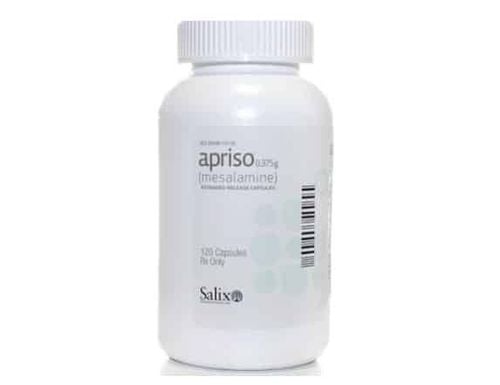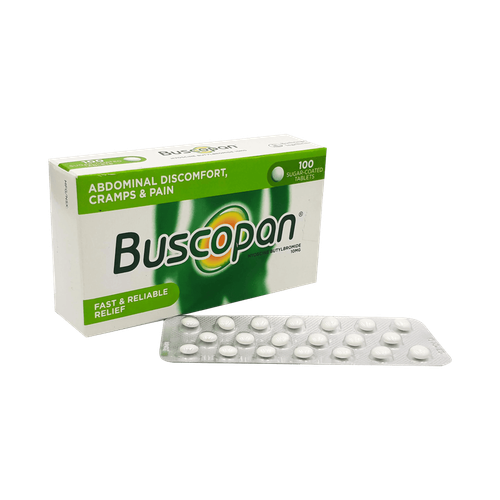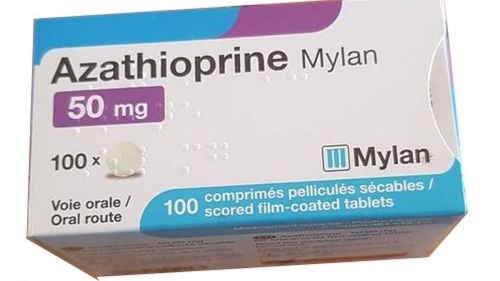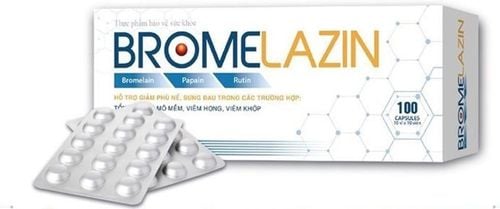This is an automatically translated article.
Posted by Master, Doctor Mai Vien Phuong - Department of Examination & Internal Medicine - Vinmec Central Park International General Hospital
Inflammatory bowel disease (IBD) is a broad term that refers to chronic swelling (inflammation) of the intestines. It is often confused with irritable bowel syndrome. Although these two disorders have similar names and some of the same symptoms, they have clear differences.
1. Irritable Bowel Syndrome and Inflammatory Bowel Disease
Irritable bowel syndrome is extremely common. In fact, the International Foundation for Functional Gastrointestinal Disorders estimates that it affects 15% of the population worldwide. According to Cedars-Sinai, about 25% of Americans complain of irritable bowel syndrome symptoms. This is also the most common reason why patients visit a gastroenterologist.
Irritable bowel syndrome is completely different from inflammatory bowel disease. However, a person who has been diagnosed with inflammatory bowel disease may have irritable bowel syndrome-like symptoms. Both are considered chronic conditions.
Major types of disease
Several types of inflammatory bowel disease include:
Crohn's disease Ulcerative colitis Unspecified colitis Unlike inflammatory bowel disease, irritable bowel syndrome is not classified as a real disease. the. Instead, it's called "dysfunction". This means that the symptoms have no identifiable cause. Other examples of dysfunction include tension headaches and chronic fatigue syndrome (CFS).
Sometimes the symptoms are called mucinous colitis or spastic colitis, but those names aren't technically correct. Colitis is a condition in which the colon becomes inflamed, while irritable bowel syndrome does not cause inflammation.
People with irritable bowel syndrome have no clinical signs of the disease and usually have normal test results. Although both conditions can occur in anyone at any age, it seems to run in families.
Symptoms
Irritable Bowel Syndrome:
Abdominal pain Cramping, cramping Constipation Diarrhea Inflammatory bowel disease can cause symptoms similar to:
Eye inflammation Intestinal scarring Joint pain Malnutrition Diarrhea rectal bleeding Both can cause urgent bowel movements.
Role of stress
Because inflammatory bowel disease is not present in people with irritable bowel syndrome, it is difficult for researchers to understand the exact cause of this condition. One notable difference is that irritable bowel syndrome is almost always aggravated by stress. Stress reduction techniques can be helpful. Consider trying the following:
Meditation Regular exercise Yoga talk therapy Inflammatory bowel disease can flare up in both low-stress and high-stress situations.
Expert opinion
Inflammatory bowel disease and irritable bowel syndrome seem to share similar symptoms, but they are two different conditions with very different treatment requirements. With inflammatory bowel disease, the goal is to reduce the inflammation that causes symptoms. On the other hand, irritable bowel syndrome may not be treatable with medication because the cause is unknown. A gastroenterologist can help identify your specific condition and come up with the best treatment plan and resources to help you manage your symptoms.
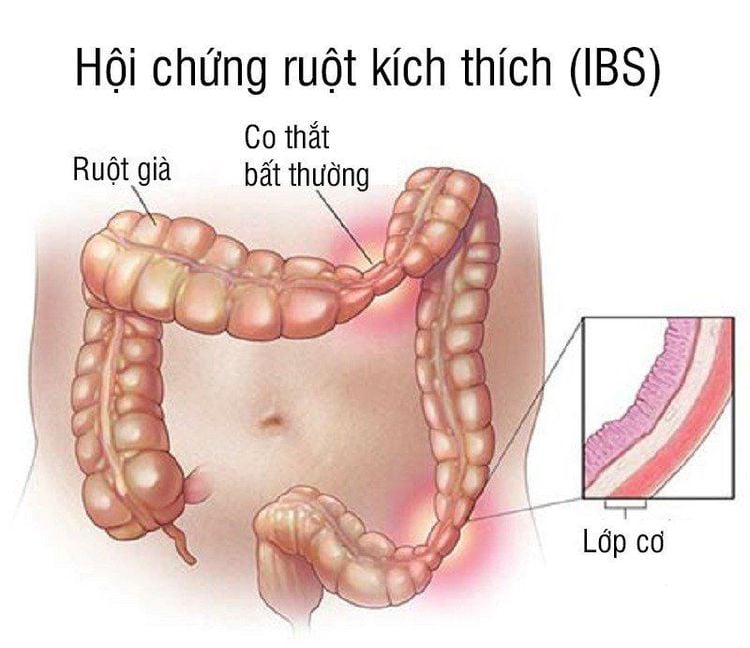
2. Natural Remedies for Irritable Bowel Syndrome and Inflammatory Bowel Disease
There are a number of natural remedies and lifestyle changes that can improve your IBS symptoms such as slowly increasing the fiber in your diet, drinking plenty of water, avoiding foods make symptoms worse such as alcohol, caffeine, spicy foods, chocolate, dairy products and artificial sweeteners, exercise regularly, eat in moderation, and be cautious with laxatives and antidiarrheal drugs.
Recommendations differ slightly for patients with inflammatory bowel disease. If you have inflammatory bowel disease, you may need to avoid dairy products, alcohol, caffeine, and spicy foods, and you may also need to limit your fiber intake and avoid fatty foods. It is still important to drink plenty of water with inflammatory bowel disease. You should also eat smaller meals and consider taking a multivitamin. Finally, you should avoid smoking and reduce your stress levels with techniques like exercise, biofeedback, or regular breathing and relaxation exercises.
3. Treatment
Irritable bowel syndrome can be treated with certain medications such as antispasmodics such as hyoscyamine (Levsin) or dicyclomine (Bentyl).
Diet and lifestyle changes seem to be most helpful. People with irritable bowel syndrome should avoid aggravating their condition with fried and fatty foods and caffeinated beverages.
Treatment of inflammatory bowel disease depends on the form it is diagnosed. The main goal is to treat and prevent inflammation. Over time, this can damage the intestines.
Vinmec International General Hospital with a system of modern facilities, medical equipment and a team of experts and doctors with many years of experience in medical examination and treatment, patients can rest assured to visit examination and treatment at the Hospital.
Please dial HOTLINE for more information or register for an appointment HERE. Download MyVinmec app to make appointments faster and to manage your bookings easily.
References
Diagnosing and managing inflammatory bowel disease . (2011, April 30) Inflammatory bowel disease FAQ. (n.d.) Saibil, F. G. (2011). Warner, A. S., & Barto, A. E. (2010).





